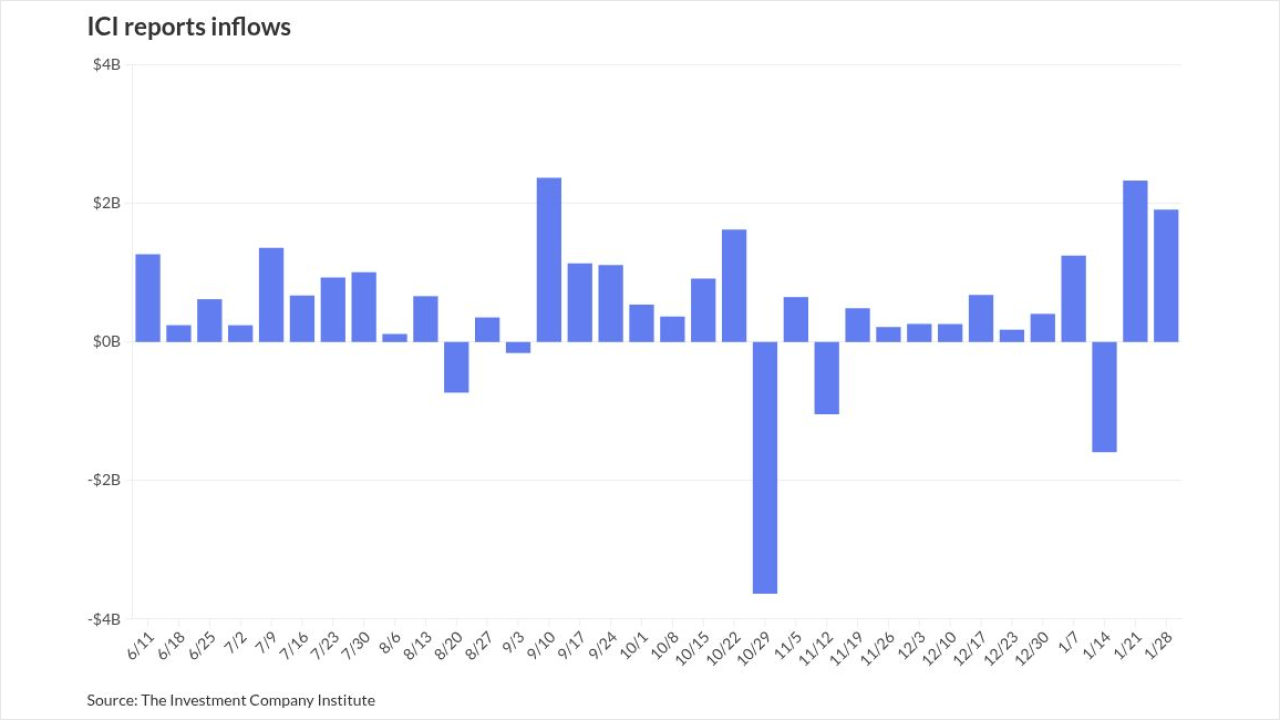Mark Kim, chief executive officer for the Municipal Securities Rulemaking Board has a challenging year ahead of him. With the board's objectives already outlined in its multi-year strategic plan, plus the ongoing threat of regulation from Congress as well as the SEC, this year will surely prove eventful.
He sat down with us to discuss how he's thinking about the
2022 was a tough year for munis. Do you feel 2023 will fare better?
"With respect to the challenging market that we just came out of, I would actually point to our efforts around rules, tech and data to try to create a more transparent, and a more fair and efficient market. With respect to our rules, the MSRB is focused on market structure issues, in particular pre-trade, time of trade and post trade, I would anticipate that the MSRB will be taking regulatory action across all these different areas in the coming year. We currently have, as you know, a request for comment on MSRB Rule G-14 on post-trade reporting. Specifically, we requested public comment on a proposed amendment to reduce the time of trade reporting requirement from 15 minutes to one minute, in an effort to make trade pricing more transparent to the market. We also anticipate issuing a request for comment on proposed amendments to MSRB Rule G-47 on time of trade disclosures. We expect that request for comment to come out sometime in the first or second quarter."

How will the board's efforts in technology help those efforts as well?
"In terms of our focus this year and in the coming years with respect to EMMA and technology, it's going to be focused on the user interface, and the user experience," Kim said. "So really trying to improve the accessibility of information, improve the ability of users to navigate around EMMA and to get the information that they need in a more efficient way. We're also trying to improve the user experience of EMMA and in particular, increasing the ability of users to customize their experience. We're looking at making enhancements to areas like voluntary disclosure and the submission of that information. We're also looking to make improvements to search and the ability to do more textual advanced searches on EMMA."
Much of what the MSRB plans to do this year is outlined in your strategic plan which outlines the board's efforts from 2022 to 2025. Is there anything not in the strategic plan that will be a focus this year?
"Even though this is just the second or third week of the new year, we already know, for instance, that the Financial Data Transparency Act is now law, so we will be focused on it over the course of this year. Fortunately, I think that we had already started to do some of the work that will help inform the work that's going to be needed in the future with respect to data. And so that will be really helpful with respect to establishing data standards for the municipal securities market. The SEC recently proposed a Best Execution rule. Now that rule has only been proposed, and it's out for public comment. But if that rule were to become final and the SEC were to adopt it, which we expect them to do over the course of this year, that almost certainly would require the MSRB to analyze our own best execution rule, MSRB Rule G-18, and potentially consider amendments to our rule as well."
What other regulatory developments are top of mind for you?
"FINRA has Rule 3110, which is their supervisory rule that is analogous to MSRB Rule G-27, which is our supervisory rule. Both FINRA and the MSRB are reexamining these rules with respect to remote office supervision and looking at how COVID might impact remote work at regulated entities. FINRA has a draft rule filed with the SEC and I would imagine, over the course of this year that the SEC will take action on FINRA's rule and depending on the action that they take, that would also have impacts on the MSRB's action that we might take with respect to our rule, because we want to make sure that our supervisory role is in harmony to the extent possible with FINRA's supervisory role. We don't want regulated entities, to the extent possible, having different sets of rules on the books, depending on whether we're talking about corporates or municipals. Sometimes it's unavoidable and you need different rules for different capital markets. But this supervisory role is one where we and FINRA and the SEC are trying to stay aligned and be coordinated so that we can have a consistent rule across markets."





